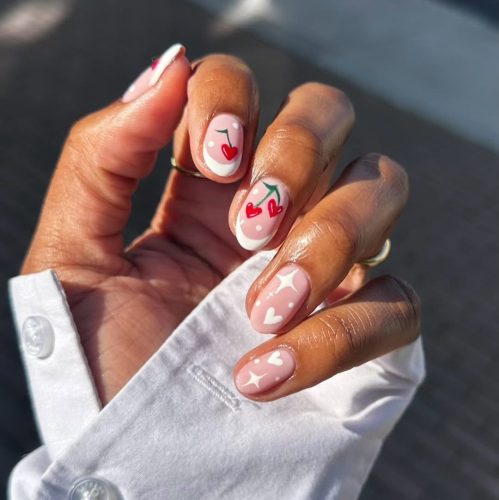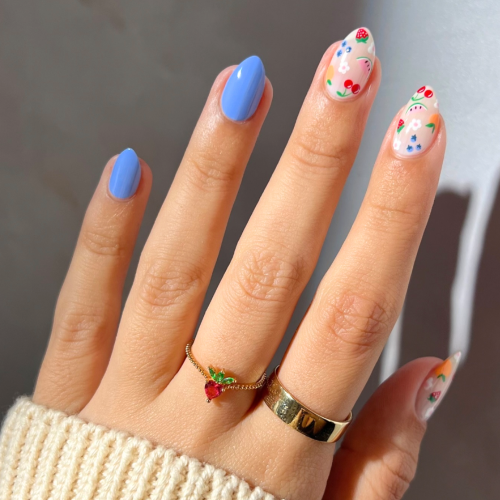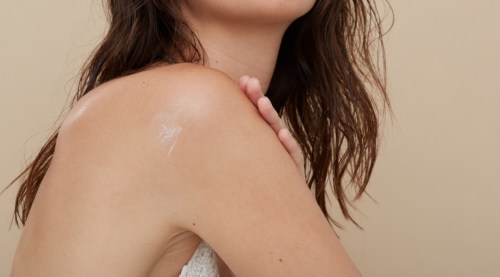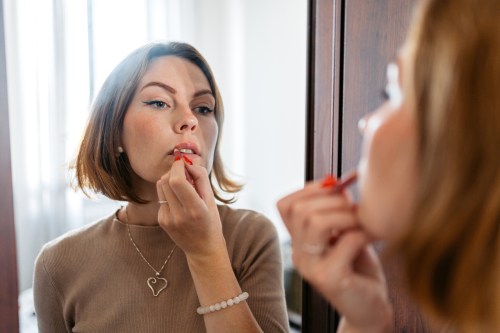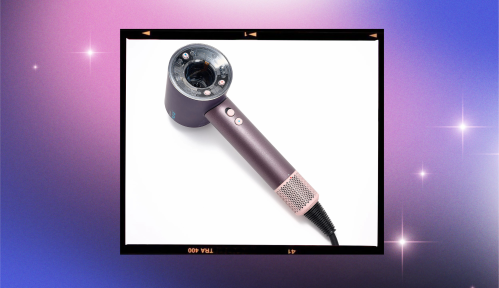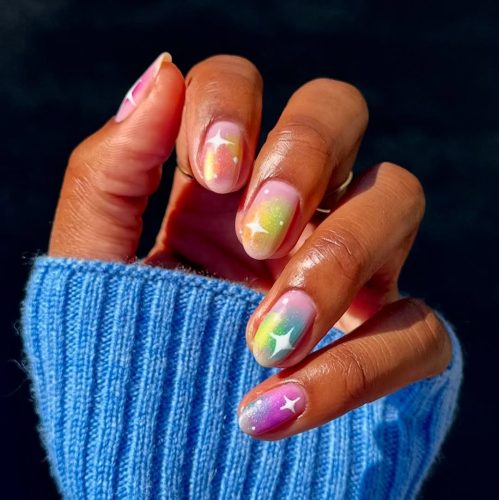Your beauty products can pollute the air as much as *cars*—and Dyson wants to change that
The company is aiming to get rid of 99.97 percent of allergens and pollutants as small as 0.3 microns, including those which a recent study showed can even come from cosmetics.
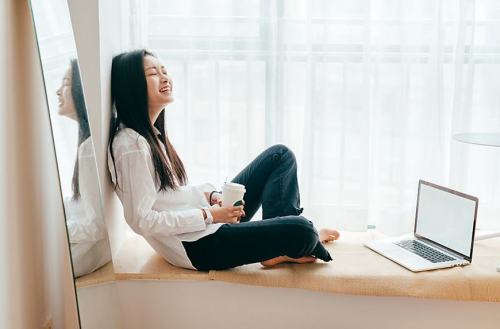
Talking about air quality and its impact on your health can often feel like bombshell after bombshell being dropped on a particularly juicy episode of Maury. So, let’s start with the basics: It’s believed that the air in our homes is up to five times more polluted than the air outside, which is bad news because we, as humans, are estimated to spend up to 90 percent of our time indoors, the Environmental Protection Agency reports.
Studies have shown that things like cooking, cleaning with chemical-laden products containing volatile organic compounds (VOCs), and even simply burning candles can contribute to the poor air quality. And, as if you needed another reason to opt for clean beauty products, a recent study found that petroleum-based chemicals in beauty products alongside those found in cleaning products and paints contribute to the VOCs in the air. The toll? According to the New York Times, they’re thought to have the summative effect of automobiles outside.
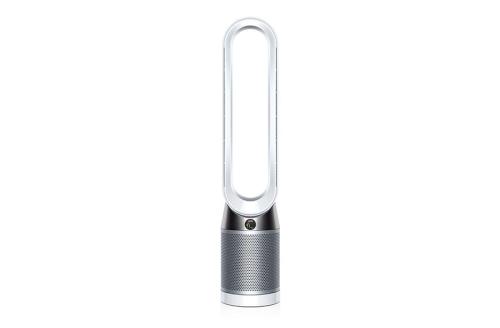
So, in addition to opting for essential oil-dappled elixirs versus fragrance-laden ones, an air purifier could help with the situation. When Dyson released its new Pure Cool Purifying Tower Fan ($549), which dropped yesterday, the brand wanted consumers to understand habits that could contribute to diminished air quality. As a result, each of the new purifiers is equipped with an LCD screen that toggles between measures like overall air quality (sensed by lasers) and the amount of VOCs and NO2 present in a room at any given time. This way, when there’s a spike in one of the metrics, you can identify your behaviors that may have caused it, see what pollutants are in the room, and then watch the machine react to them in order to nix them from the air.
“Actually having that real time on the machine is so much more powerful for the consumer to see what they’ve done and how that’s impacted air quality.” —Paul Dawson, Dyson VP of health and beauty
“We wanted to show you the information that was happening in your home in a very glanceable way, so you don’t need to get your device out,” says Paul Dawson, Dyson’s vice president of health and beauty. “It’s amazing how many times I’ve walked past mine and all of the sudden it’s spiked up…Actually having that real time on the machine is so much more powerful for the consumer to see what they’ve done and how that’s impacted air quality.”
In addition to changing consumer behaviors, Dyson is gunning to make air purification at 365-day job. In the winter months, the machine uses a backward air-flow mode. As it circulates the purified air (the machine gets rid of 99.97 percent of allergens and pollutants as small as 0.3 microns) around the room, you don’t have to deal with frigid fan temps just to keep the air quality in the space in healthy shape.
If you’re not in the market for a purifier, keep this air-quality hack from Well+Good Council member and toxic-exposure expert Sophia Gushee in mind: Open a window. This helps not only with air circulation, but can steal some of that fresh air from the great outdoors and bring it into your Zen den.
Did you know that poor air quality in your home could also contribute to acne? Yeah…and frizzy hair. Here’s why you should get a humidifier and purifier for your strands.
Sign Up for Our Daily Newsletter
Get all the latest in wellness, trends, food, fitness, beauty, and more delivered right to your inbox.
Got it, you've been added to our email list.
